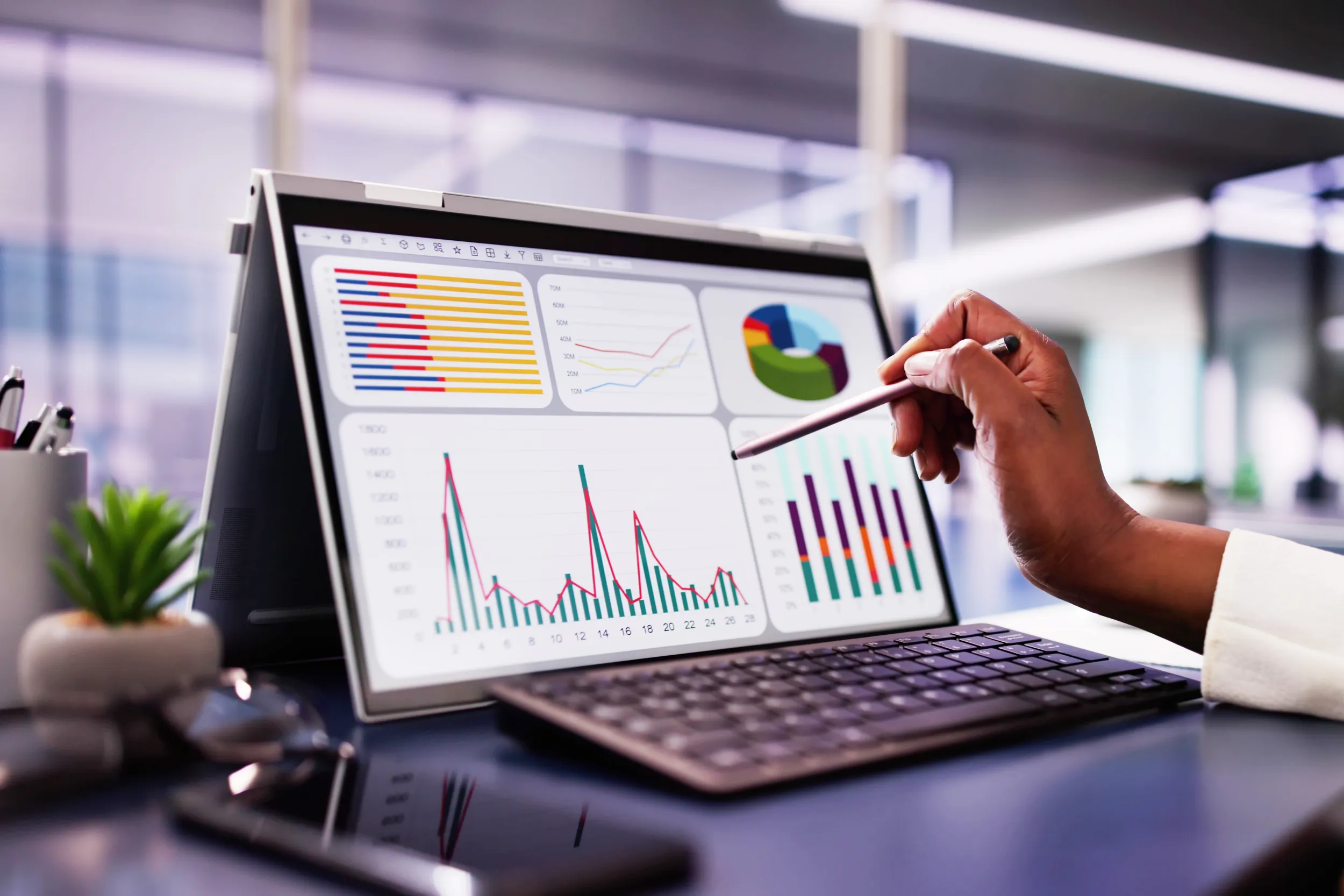

- HOME
- >
- Technology
- >
- Blockchain-Based Asset Tracking for Accuracy
ARTICLE
Blockchain-Based Asset Tracking for Accuracy
The information provided here is intended for informational purposes only and does not substitute for professional advice. Please refer to the terms of service for website usage.
Ready to Begin?
Subscribe to Applied Accountancy’s Insights Newsletter to get the latest news, analysis and compliance updates delivered directly to your inbox.
related insights
AP bots are strengthening and making more reliable contact between companies and suppliers by having
...Managing accounts payable and accounts receivable is one of the most important pillars for efficient
...RPA technology is revolutionizing financial accounting by enhancing efficiency and enabling personnel development, with future
...In the highly competitive landscape today, everything from streamlining operations, improving accuracy, and driving profitability
...Accurate depreciation management means that businesses have to update their financial records with such precision
...Machine Learning (ML) is not only revolutionizing industries but also transforming the way businesses handle
...Machine learning is revolutionary because it reshapes how market trends can be predicted within the
...Uncover the secrets behind the rapid adoption of cloud technology by private enterprises and learn
...Accuracy and strict compliance in reporting financial information are fundamentally crucial to coping with the
...Efficient asset management is essential to businesses that are keen to maximize their investments, optimize
...As financial institutions embrace digital transformation, incorporating cloud computing, artificial intelligence (AI), and data analytics,
...Explore how blockchain technology is revolutionizing accounting with secure, transparent, and tamper-proof financial transactions. Financial
...









